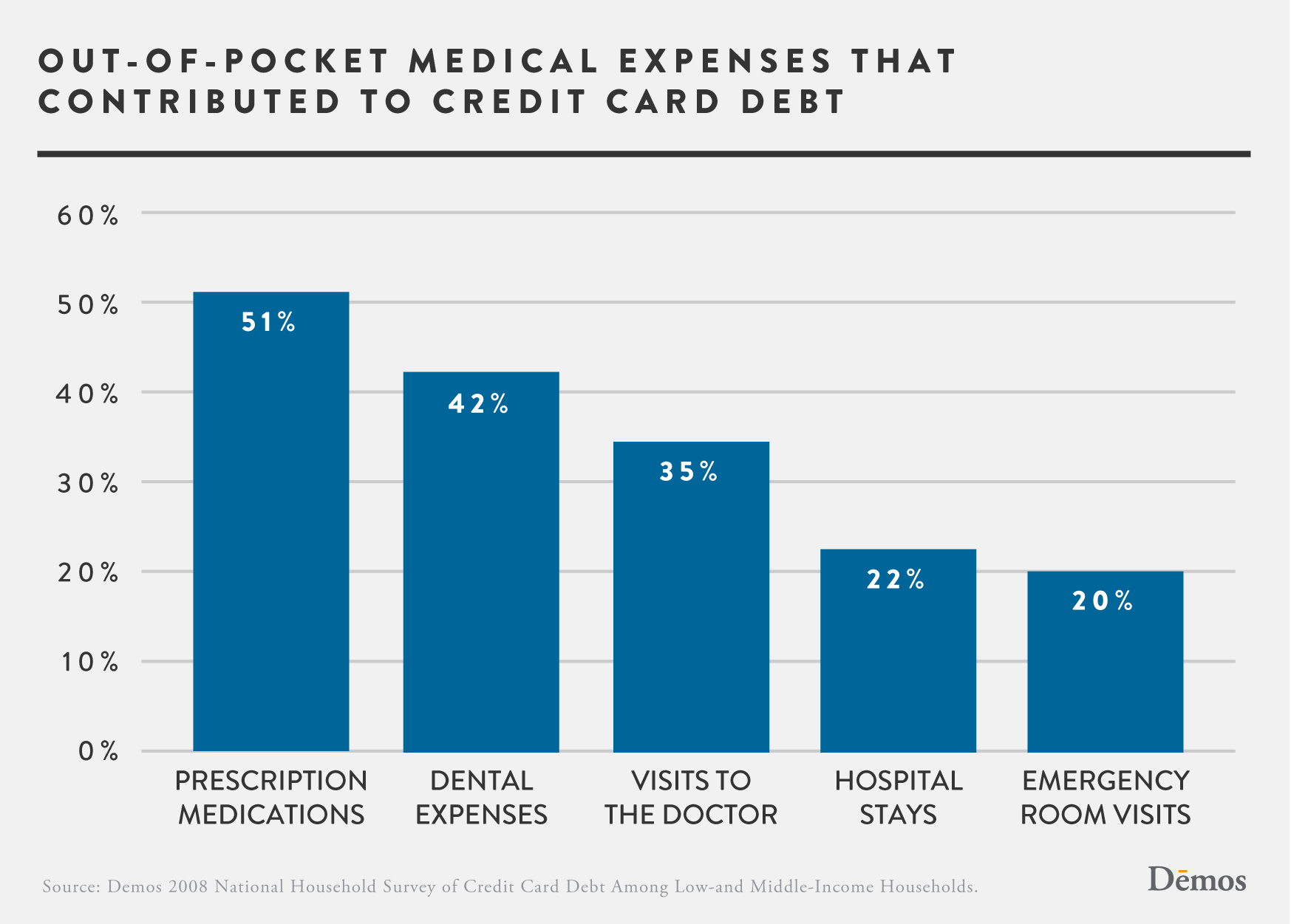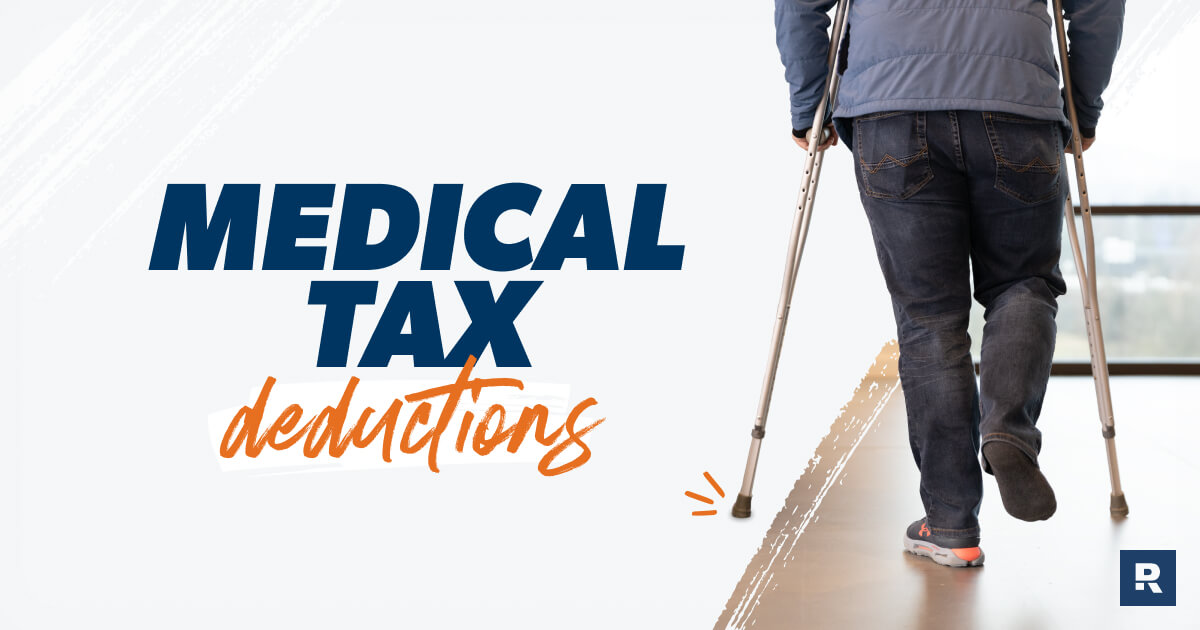

The decision whether to get health insurance may affect a consumer's tax obligations and their ability to access the medical treatment of choice. The government’s private health website has more information. Lifetime Health Cover can affect health insurance premiums, but it doesn’t affect a person's tax bill. Lifetime Health Cover is a government program designed to encourage people to take out health insurance earlier in life and to keep their cover. The Australian Taxation Office has more information. This is separate to the Medicare Levy, which is something most taxpayers pay regardless of whether they have health insurance.

The Medicare levy surcharge applies to individuals with a taxable income above $90,000 (or above $180,000 for families) who don’t have health insurance hospital cover.

to respond to government incentives and taxation policies.often being able to get treatment faster in a private hospital than might be possible on a public waiting list.the ability to choose the doctor or specialist and the preferred hospital from the health insurer’s agreed providers.Other reasons why people might choose to take out health insurance include: Health insurance can cover some services not usually covered by Medicare, such as: Treatment can be in private or public hospitals. Private health insurers cover some of the costs of treatment for private patients. Costs like transportation, materials, and lodging may count.There are different reasons why people take out health insurance You may be able to deduct costs related to the event. It also has to speak to your child’s specific issues. Disability-related seminars or conferences: For an event to qualify, a health care provider has to recommend it.You could also deduct airfare and some hotel costs if you need to travel with your child for testing, treatments, or consultations. If so, you may be able to deduct part of your car mileage and parking costs. Travel: Maybe you drive to a specialized school, tutor, therapist, or other treatment.Even yoga and horseback riding may count if they help manage your child’s symptoms. Therapies: Unreimbursed expenses for occupational, speech, and behavioral therapies may qualify.This might be a psychologist or a speech and language pathologist. Evaluations: These may count-but only if done by a qualified medical provider.

For example, it could help a child with sensory processing issues sit and do homework. Assistive technology and tools: This can include things used at home, like digital tablets and software.And the school or tutor must provide services that directly address your child’s issues. Your child’s issues must be the main reason for getting the services. Special schools and tutors: Education may be considered “treatment” for a child with learning and thinking differences.


 0 kommentar(er)
0 kommentar(er)
